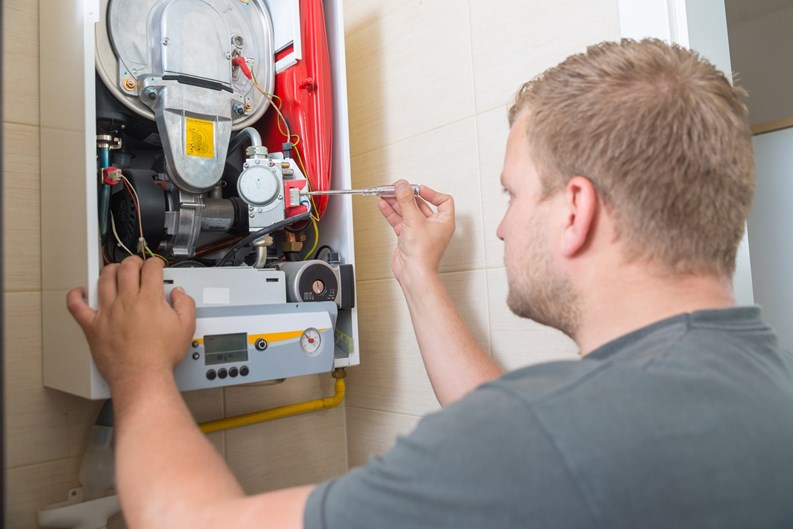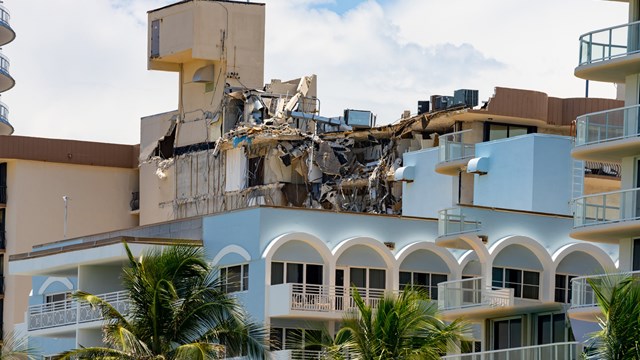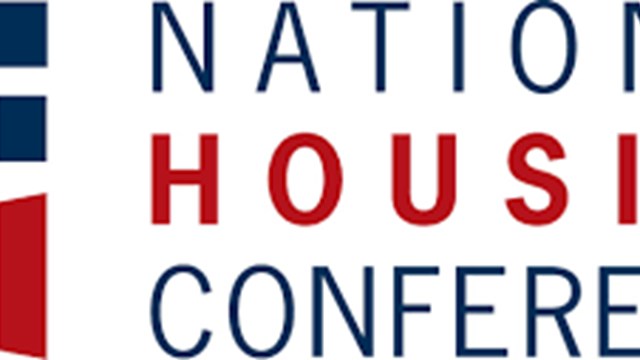Beginning in the new year, New York City buildings will have to make sure their gas lines are up to code.
On January 1, 2019, the city's Local Law 152 (passed in 2016) will go into effect. It means that gas piping systems of all buildings other than those classified as R-3 occupancy (a one- or two-family dwelling, for instance) must be inspected at least every five years by a licensed master plumber (An exception would be for newer buildings, in which case the initial inspection would take place in the 10th year, after a letter of completion, a Certificate of Occupancy, or the date the building was completed as determined by the Buildings Department rule).
Of the scope of the inspection, the law
states:
“At each inspection, in addition to the requirements prescribed by this article or by the commissioner, all exposed gas lines from point of entry of gas piping into a building, including building service meters, up to individual tenant spaces shall be inspected for evidence of excessive atmospheric corrosion or piping deterioration that has resulted in a dangerous condition, illegal connections, and non-code compliant installations. The inspection entity shall also test public spaces, hallways, corridors, and mechanical and boiler rooms with a portable combustible gas detector to determine if there is any gas leak, provided that such testing need only include public spaces, hallways and corridors on floors that contain gas piping or gas utilization equipment.
An inspection report and a certification by the licensed master plumber must be submitted to the building owner no later than 30 days after the inspection. A certification from the master plumber must be filed with the Buildings Department to indicate that the inspection was completed. Additionally, the inspection report also has to be submitted to the utility company within 90 days of the inspection.
According to the legislation, if an inspection uncovers such conditions as a gas leak or evidence of illegal gas line connections, the inspector has to notify the building owner, the utility company and the Buildings Department about those findings. The building owner then should take immediate action to fix those issues in compliance with the city's construction codes.
The law added that no later than 120 days after the due date of the inspection, the building owner is required to file to the Buildings Department a certification from the master plumber that the conditions identified in the inspection report were corrected or to indicate that more additional time is needed to correct conditions. Also, all inspection reports and certifications must be kept on file by the inspector and the building owner for eight years and made available to the Buildings Department upon request.
“Failure to submit a certification...shall be classified as a major violation,” the law warned.
The implementation of Local Law 152 arrives in the wake of a number of deadly gas explosions in the city in the last few years -- including one 2014 incident in East Harlem that killed eight people, and another one a year later in the East Village that resulted in two fatalities. In December 2016, Mayor Bill de Blasio signed several pieces of legislation into law to increase gas safety in New York City buildings.
"Gas safety is important for all New Yorkers, and this legislative package will resolve numerous regulatory oversights. These bills will help protect tenants in the event of an outage, and require greater information sharing between City agencies and gas utilities to enhance safety," said de Blasio in a statement at the time. "Most importantly, these reforms will ensure both property owners and utility companies are accountable for keeping buildings safe."
In a YouTube video explaining the new law, Mark Levine of New York property management company EBMG said: “It's going to be super important for us as managing agents, and any other managing agent out there, to have to know this and to keep on top of this. If you are on the board, ensure that your agent is on top of this as well on your behalf.”
David Chiu is an associate editor at The Cooperator.







4 Comments
Leave a Comment